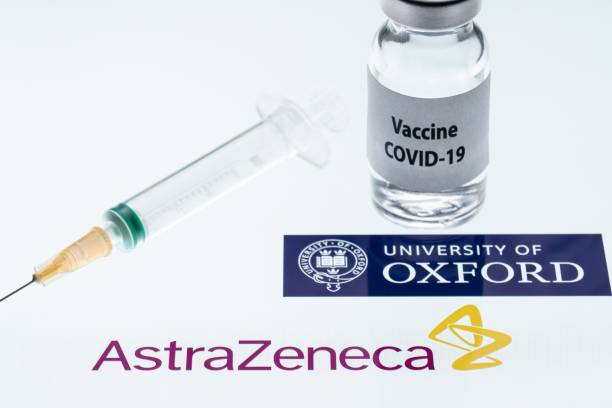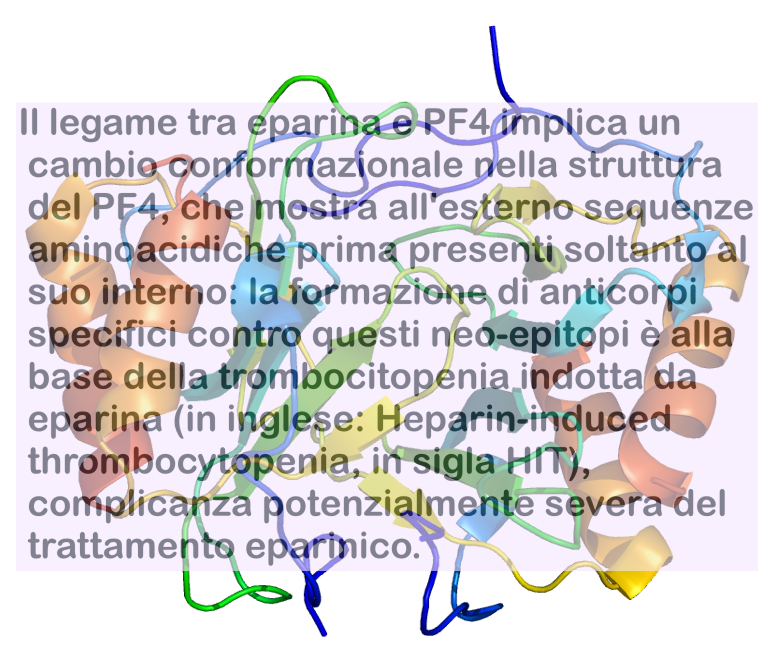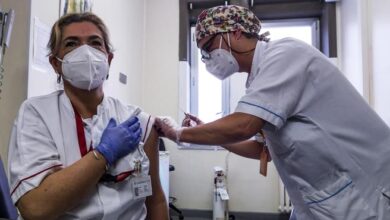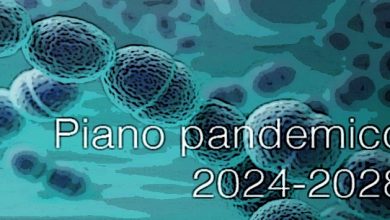
A protein is attracted to a key component of the drug. The research was published in the journal Science Advances
TGcom24 health – 2 December 2021
A team of scientists in Wales and the US believe they have found the 'trigger' of blood clots  extremely rare that were created after the administration of the AstraZeneca vaccine. Under "accuse" one
extremely rare that were created after the administration of the AstraZeneca vaccine. Under "accuse" one
protein in the blood that is "attracted" to one of the key components of the vaccine designed in Oxford. The AstraZeneca vaccine due to these rare clots has actually been reduced in use against Covid.
Research published in the scientific journal Science Advances reveals that the external part of the adenovirus, the viral vector used in the AstraZeneca anti-Covid vaccine, attracts the protein of the factor four of the platelets like a magnet. To detect this reaction, the scientists used a technique called a cryo-electron microscope that allows for images of the adenovirus at the molecular level.
Professor Alan Parker, one of the Cardiff University researchers told the BBC that it is a difference in magnetic potential between the adenovirus which "has a strongly negative surface area and the on the contrary extremely positive platelet factor four" which triggers the reaction . "While the research isn't definitive, it does offer interesting insights and AstraZeneca is exploring ways to leverage these findings, as part of our efforts to remove this extremely rare side effect," a spokesperson for the Anglo-Swedish pharmaceutical company explained. The University of Oxford declined to comment on the research.
According to AstraZeneca, its vaccine has saved more than a million lives worldwide and prevented 50 million cases of Covid. But in the wake of cases of blood clots, albeit rare, the use of this type of vaccine in the world has been reduced, and vaccines that use more modern technology, with messenger RNA, are now used for boosters.
The University of Oxford declined to comment on the research.
Related news: ChAdOx1 interacts with CAR and PF4 with implications for thrombosis with thrombocytopenia syndrome





